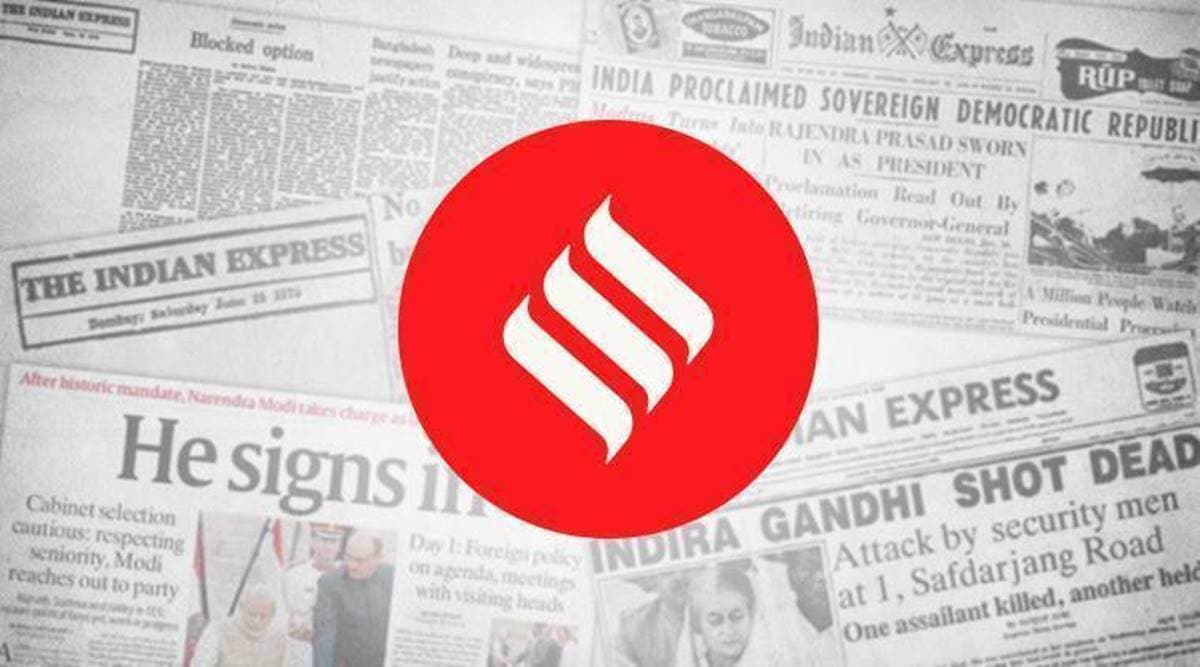 The Supreme Court has declined to extend the loan moratorium on the grounds that it was a policy decision, and that it cannot undertake a judicial review of the Centre’s financial policy unless it was malafide and arbitrary.
The Supreme Court has declined to extend the loan moratorium on the grounds that it was a policy decision, and that it cannot undertake a judicial review of the Centre’s financial policy unless it was malafide and arbitrary. A year ago, during the early stages of the COVID-19 pandemic, the RBI, along with the central government, had unveiled a slew of relief measures designed to aid the economy in this tumultuous period. Among these was the imposition of a moratorium on payments of all term loan instalments for a three month period, which was subsequently extended till August 31. Banks were also not allowed to change the classification of loans during this period. However, in September, the Supreme Court directed banks not to classify loans which had not been declared as non-performing assets (NPAs) till August 31 till further orders. This stay on asset classification, even as economic activities had begun to gain traction with the easing of lockdown restrictions, led to considerable uncertainty, and masked the true extent of the stress in the system. There were also fears of the credit culture in the economy being distorted — some borrowers took advantage of the status quo, and declined to pay their dues, even if they could. The Court’s orders now put an end to the lingering uncertainty over the extension of the moratorium, and the classification of assets.
The Supreme Court has declined to extend the loan moratorium on the grounds that it was a policy decision, and that it cannot undertake a judicial review of the Centre’s financial policy unless it was malafide and arbitrary. While the Court has directed that no compound or penal interest shall be charged from borrowers for the six-month loan moratorium period, it has noted that the waiver of complete interest was not possible as it would affect the depositors. Doing so for all categories of borrowers, as the Centre had argued, would have led to a huge financial burden on banks, wiping out a significant part of their net worth, and effectively turning some of them unviable. With banks now free to classify loans as non-performing, whether the extent of build up in the bad loans is as bad as feared — the RBI in its financial stability report had projected bad loans to rise to 13.5 per cent in September 2021, up from 7.5 per cent in September 2020 — will be revealed over the coming months.
With the onset of what is feared to be a second wave of infections, there are now fresh concerns over the state of the economy and the implications for the financial system. The temptation of imposing restrictions on activities to deal with the spread of the virus may prove hard to resist. However, considering the economic distress unleashed by the imposition of the lockdowns in the first half of last year, and with the economy only now hobbling back to normal, lockdowns are not a desirable option. The way forward is to dramatically expand the vaccination programme across the country. The Centre has on Tuesday extended the vaccination drive to all those above 45 years of age. It could also look at extending it beyond this age group in select areas, where there has been a sharp spurt in cases in recent weeks.